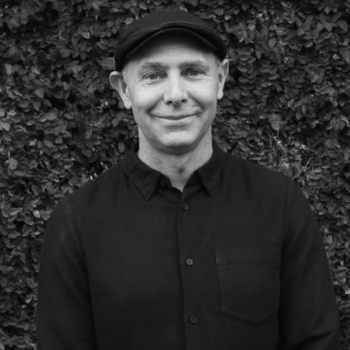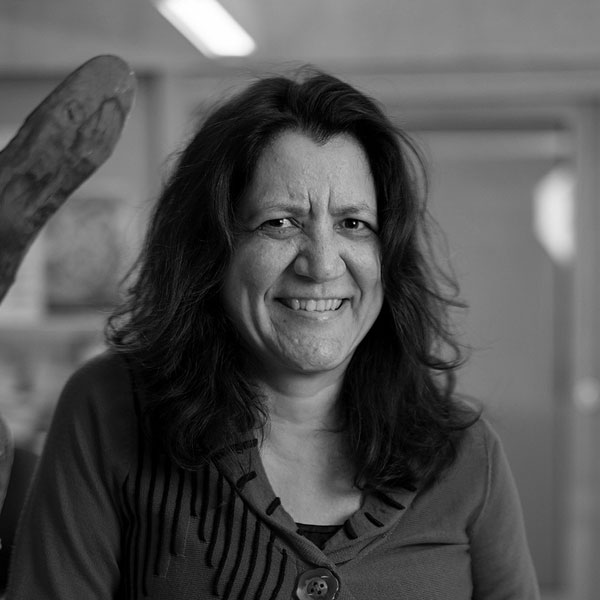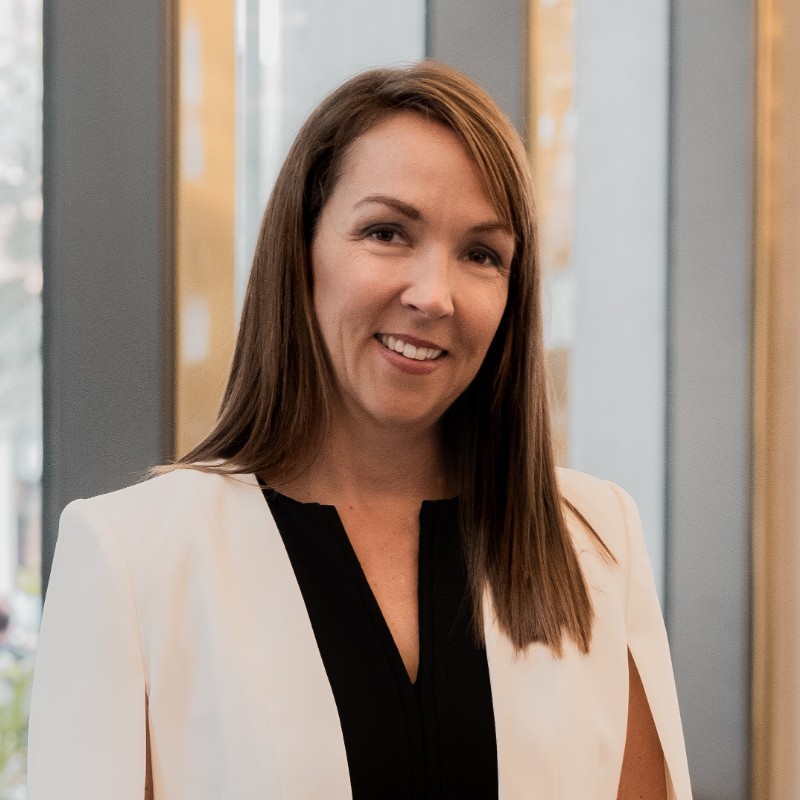Future Shock:
Designing City Resilience
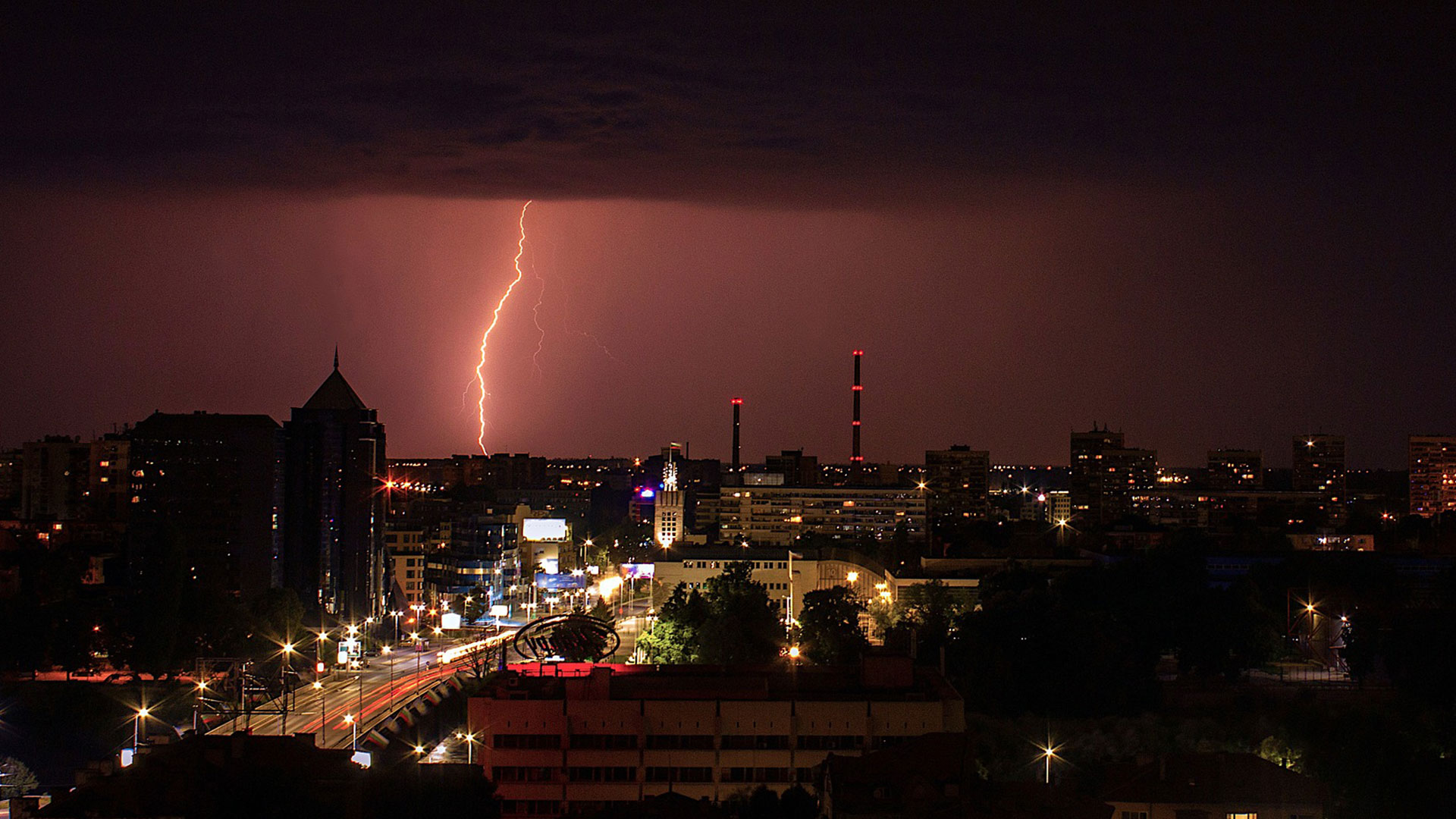
FUTURE SHOCK: DESIGNING CITY RESILIENCE
WEDNESDAY 14 FEBRUARY 2024 | 9:00-17:00 AEST | STATE LIBRARY OF QUEENSLAND – CULTURAL PRECINCT, STANLEY PL, SOUTH BRISBANE
We are proud to host this forum inconjunction with our National Corporate Partner Bondor Metecno.

About
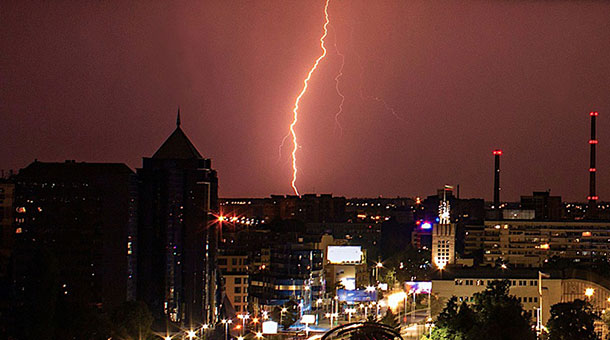
A day for discussion
City resilience, the ability to adapt and thrive amid chronic stress and acute shock, has gained prominence in the past decade. Globally, city leaders are uniting to address challenges such as climate extremes, economic uncertainty, ecological degradation, food insecurity, and community stress.
Join us in this premier event, as our lineup of distinguished speakers delve into the design aspects of city resilience, highlighting instances where designers, communities, and leaders collaborated to strengthen social, physical, and natural systems’ recovery capacities from extreme events worldwide.
The Topic
What is city Resilience?
The concept and practice of city resilience – enabling our urban social, infrastructure and natural systems to adapt and thrive despite chronic stress and acute shock – has emerged strongly in the last decade.
Around the world city leaders and administrators are binding together to respond to impacts of climate extremes, economic uncertainty, ecological degradation, food insecurity and community stress.
These are ‘wicked’ problems, requiring new solutions, new science, and new approaches in governments including cooperation across many different dimensions of human endeavour.
Architects and our allied professions of landscape architecture, urban design, planning and engineering are collectively responsible for the capacity of our physical infrastructure not only to withstand physical shocks (flood, fire, heat) but also how our communities recover, and how our natural systems regenerate.
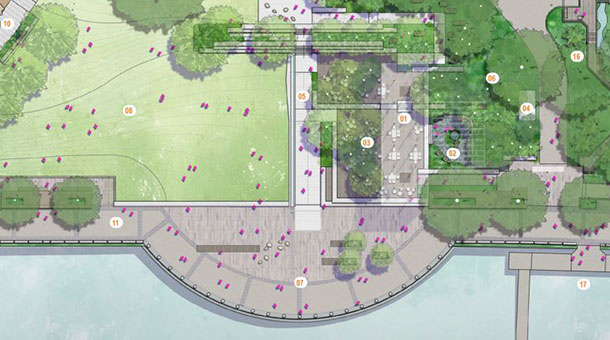
The event
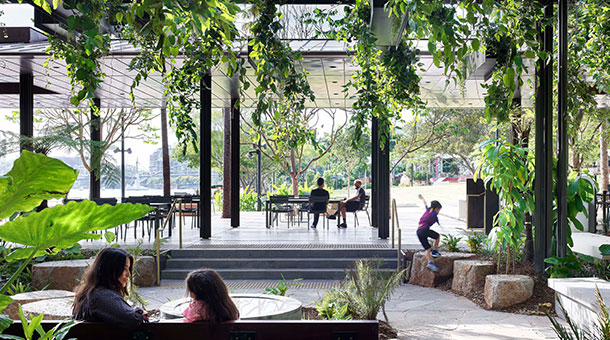
What's involved
Hosted at the State Library of Queensland, this event features a distinguished lineup of city leaders, academics, and practitioners. You will engage in a series of talks, Q&A’s, and panel discussions to delve into new science, approaches, and collaborative efforts that are crucial to futureproofing our cities.
This event will explore the design dimensions of city resilience, focussing specifically on examples from around the world where designers, communities, city administrators and leaders have come together to recover and enhance our social, physical and natural systems’ capacity to recover from extreme events.
The 2024 PROGRAM
CITY RESILIENCE DAY PROGRAM
| TIME | SESSION | PRESENTERS/SPEAKERS |
|---|---|---|
| 9:00am | Welcome to Country | Songwoman Maroochy |
| 9:05am | Official Welcome & Introduction | Amy Degenhart & Caroline Stalker |
| 9:20am | Queensland Government Architect Address | Leah Lang |
| SESSION 1 - RESILIENCE IN PRACTICE | ||
| 9:30am | Building Resilience: Chicago's Waterfront | Carol Ross-Barney |
| 10:15am | Architectes Sans Frontieres - War Disaster and Design Responsibility | Prof Esther Charlesworth |
| 10:55am | Q&A Session | Session 1 Speakers |
| 11:10am | Morning Tea | |
| SESSION 2 - RESILIENCE IN STRATEGY | ||
| 11:40am | Bridging Community and Infrastructure Resilience using Co-Design | Prof Sarah Bell |
| 12:10am | Net Zero in the Maelstrom: Professional Practice for Net Zero in a Time of Turbulent Change | Prof Peter Newman |
| 12:40am | Q&A Session | Session 2 Speakers |
| 1.00pm | Lunch | |
| SESSION 3 - RESILIENCE IN PLACE | ||
| 2:00pm | Preparing for the unexpected: Resilient and Connected Communities | Maree Grenfell |
| 2:30pm | Loneliness versus Community. Community as a Lifeline. An Urban Survival Guide. | Jeremy McLeod |
| 3:00pm | Q&A Session | Session 3 Speakers |
| PANEL DISCUSSION | ||
| 3:15pm | 'Are We Sleep Walking Into Future Shock?' | All Speakers |
| 4:15pm | Summary and Close | Amy Degenhart |
| 4:25pm | Refreshments and networking |
The 2024 program
Meet the Speakers
Featuring a distinguished lineup of city leaders, academics, and practitioners, our event features a series of talks, Q&A’s, and panel discussions to delve into new science, approaches, and collaborative efforts crucial for overcoming these challenges.
Join our renowned speakers.as they share thought-provoking perspectives and case studies on this matter.
Session 1
Resilience In Practice
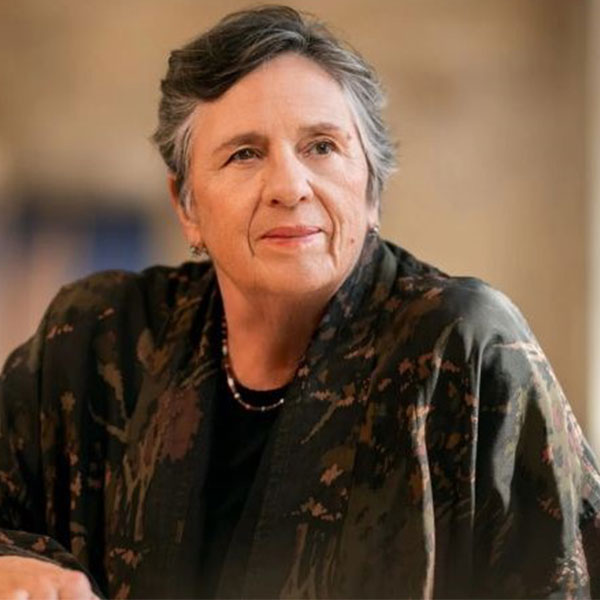
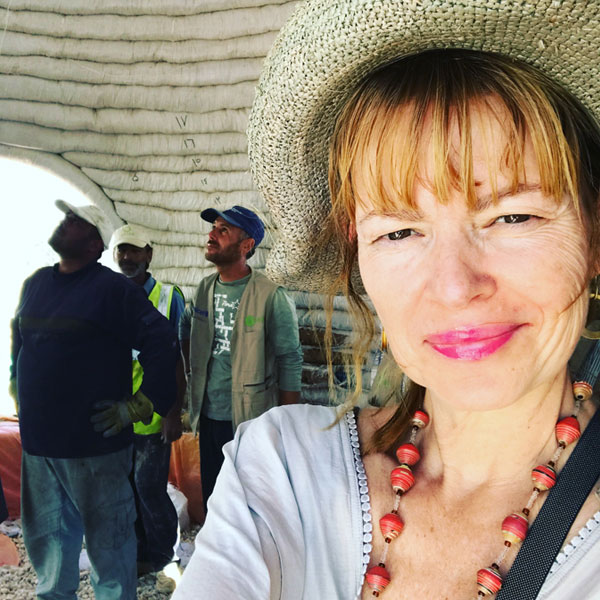
Session 2
Resilience In Strategy
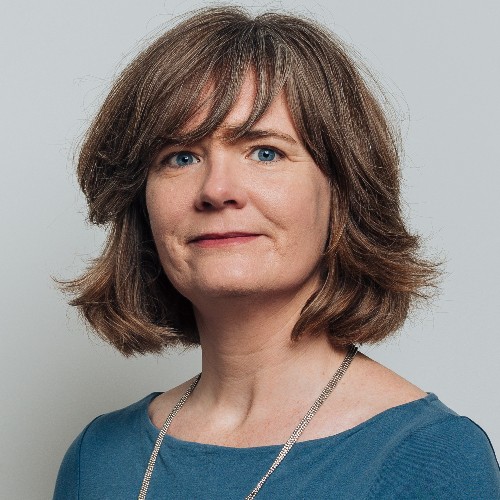
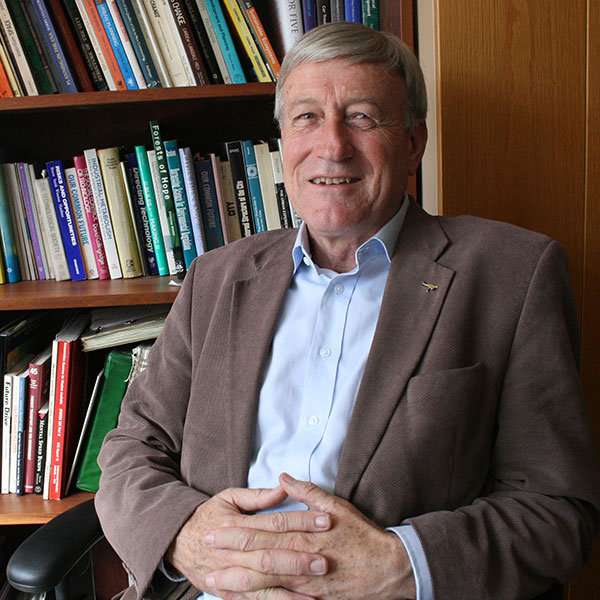
Session 3
Resilience In Place
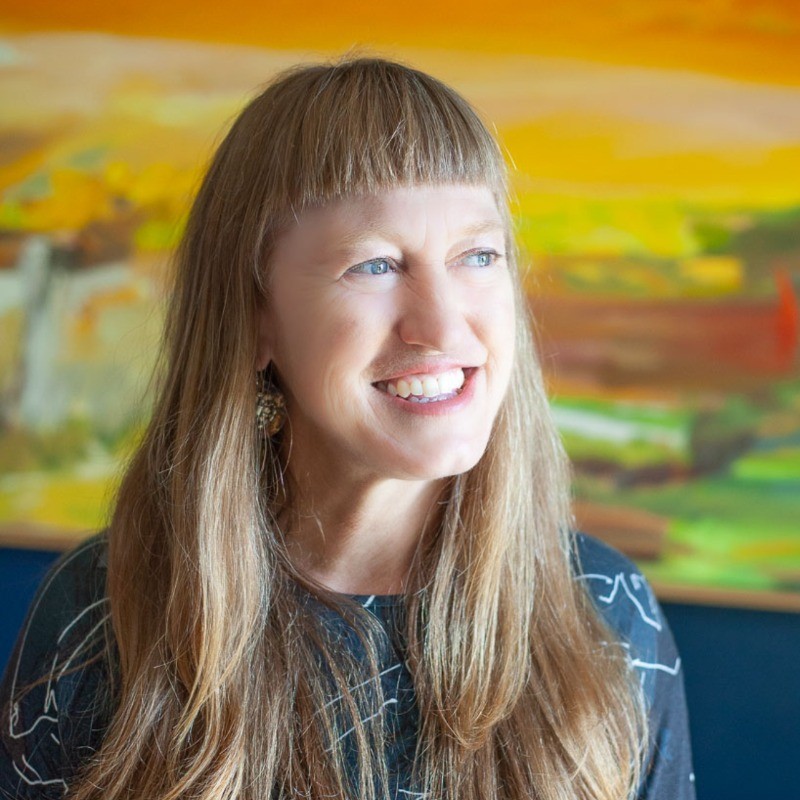
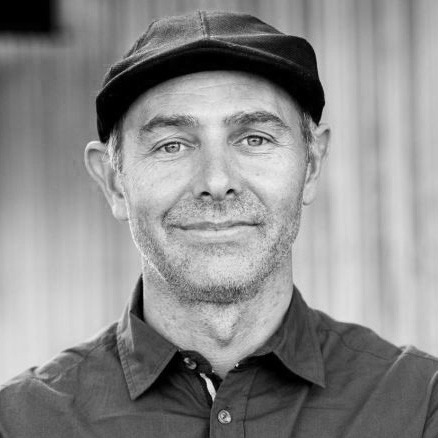
Secure your spot
Ticketing & Pricing
Your booking includes individual admission to the full day program of keynote presentations, along with each of the scheduled Q&A’s, catered meals, refreshments and networking functions.
Standard Pricing:
Members: $169.00
Non Members: $189.00
SONA Member: $84.50 (50% off)
Directors
Caroline Stalker
Principal, Hassell Studio
Amy Degenhart
Director, degenhartSHEDD
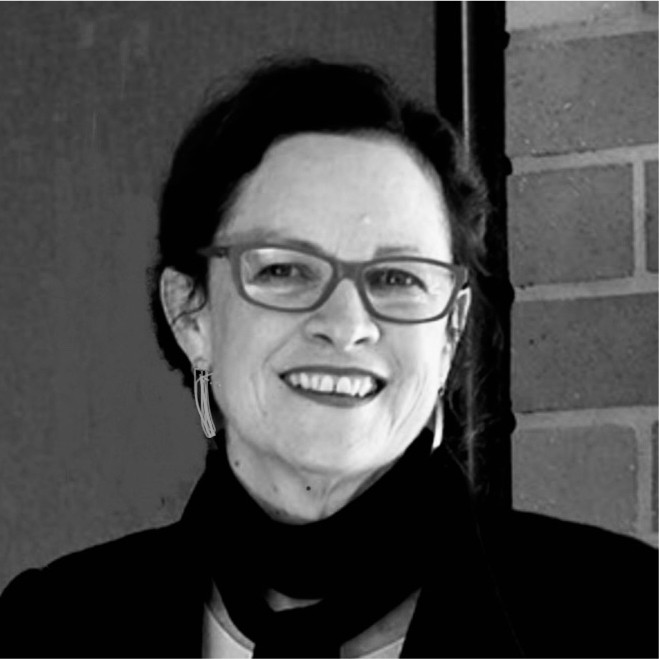
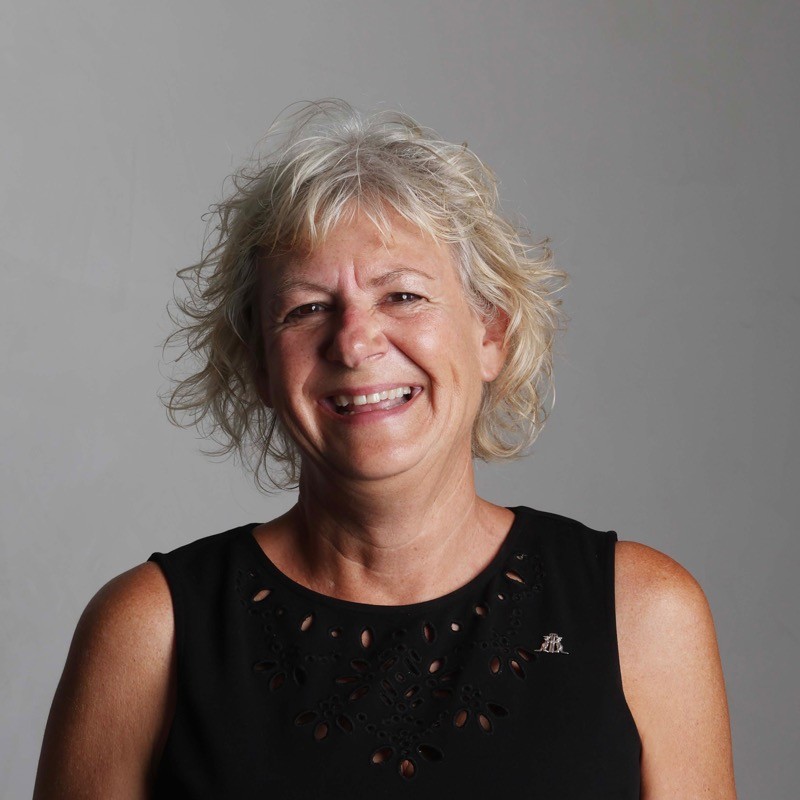
Contact Us
If you would like to find out more about this forum, please contact:
Ille Smolanko | National Corporate Partnerships Officer
E: ille.smolanko@architecture.com.au
Tamara Smith | National Manager | Partnerships & Strategic Engagement
| TIME | SESSION | PRESENTERS / SPEAKERS | 9:00am |
|---|---|---|
| 9.30 am | Welcome to Country | |
| 9.40 am | Cr Krista Adams welcome address | Deputy Mayor Krista Adams, Brisbane City Council |
| 9.50 am | What Is City Resilience? | Caroline Stalker, Principal, Hassell Studio |
| SESSION 1 – RESILIENCE IN PRACTICE | ||
| 10 am | Building Resilience: Chicago's Waterfront | Carol Ross-Barney, FAIA, Founder and Design Principal of Ross Barney Architects |
| 10.30 am | Re-building Resilience | Professor Esther Charlesworth, School of Architecture and Urban Design, RMIT University |
| 11 am | Questions and discussion | |
| 11.15 am | Morning tea | |
| SESSION 2 – RESILIENCE IN PLACE | ||
| 11.30 am | Changing Place | Jefa Greenaway, Director, Greenaway Architects (TBC) |
| 12 pm | Strategising Place | Maree Grenfell, Director, Once Upon Tomorrow |
| 12.30 pm | Questions and discussion | |
| 12.45 pm | Lunch | |
| SESSION 3 | ||
| 1.45 pm | Resilience in Policy | Professor Sarah Bell, City of Melbourne Chair in Urban Resilience and Innovation |
| 2.15 pm | Social resilience in architecture | Jeremy McLeod, Founder & Design Director, Breath |
| 2.45 pm | Panel Discussion | |
| 3.15 pm | A Changing Australia | Facilitated by MC |
| 4 pm | Wrap up and thanks | |
| 5.30pm onwards | Refreshments and networking | |
speakers and themes
CHANGING LEADERSHIP AND POLICY
Professor Cheong Kun Han:
Chair of the Lee Kuan Yew Centre for Innovative Cities as well as Professor of Practice in the Singapore University of Technology and Design. Concurrent Chairman of the Centre for Liveable Cities under the Ministry of National Development, Singapore.
Sarah Bell:
City of Melbourne Chair in Urban Resilience and Innovation at University of Melbourne.
CHANGING PRACTICE
Professor Rahul Mahotra
Architect, urbanist and educator Founder Principal of RMA Architects and Professor of Urban Design and Planning at the Department of Urban Planning and Design at Harvard University’s Graduate School of Design.
Kotchakorn Voraakhom
Chairwoman of the Climate Change Working Group of the International Federation of Landscape Architects (IFLA World); founder and CEO of Landprocess and Porous City Network.
CHANGING PLACE
Jeremy McCleod
Founder & Design Director at Breath, Founder of Nightingale Housing
Carroll Go-Sam
Senior Lecturer, Indigenous Engagement, School of Architecture Design and Planning, University of Queensland
A CHANGING AUSTRALIA
Panel discussion:
- What are our big resilience challenges in Australian Cities?
- What can we learn from international practice and policy?
- What can we change?
- What is the role for the design professions?
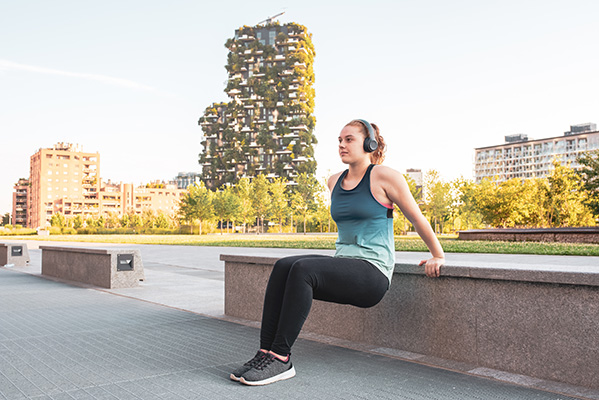
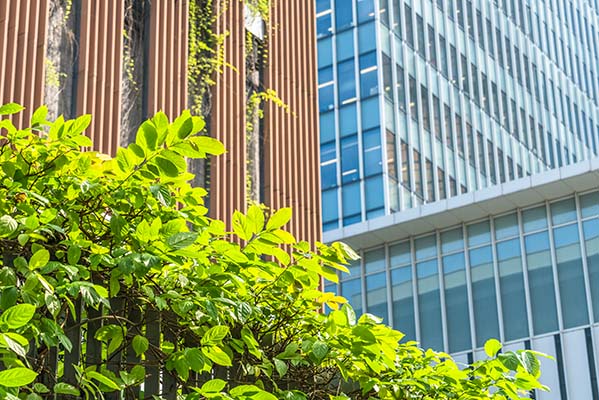
CHANGING LEADERSHIP AND POLICY
Professor Cheong Kun Han:
Chair of the Lee Kuan Yew Centre for Innovative Cities as well as Professor of Practice in the Singapore University of Technology and Design. Concurrent Chairman of the Centre for Liveable Cities under the Ministry of National Development, Singapore.
Sarah Bell:
City of Melbourne Chair in Urban Resilience and Innovation at University of Melbourne.
CHANGING PRACTICE
Professor Rahul Mahotra
Architect, urbanist and educator Founder Principal of RMA Architects and Professor of Urban Design and Planning at the Department of Urban Planning and Design at Harvard University’s Graduate School of Design.
Kotchakorn Voraakhom
Chairwoman of the Climate Change Working Group of the International Federation of Landscape Architects (IFLA World); founder and CEO of Landprocess and Porous City Network.
CHANGING Place
Jeremy McCleod
Founder & Design Director at Breath, Founder of Nightingale Housing
Carroll Go-Sam
Senior Lecturer, Indigenous Engagement, School of Architecture Design and Planning, University of Queensland
